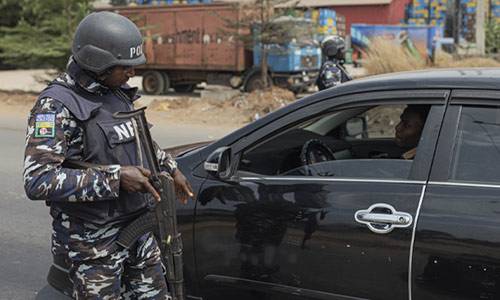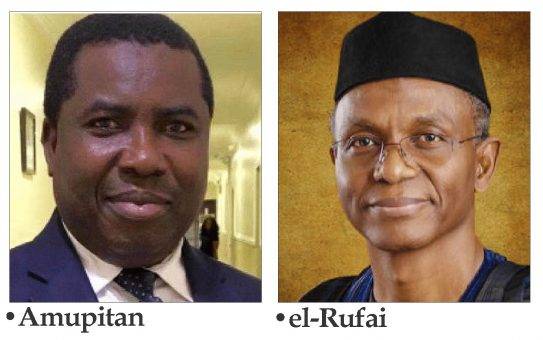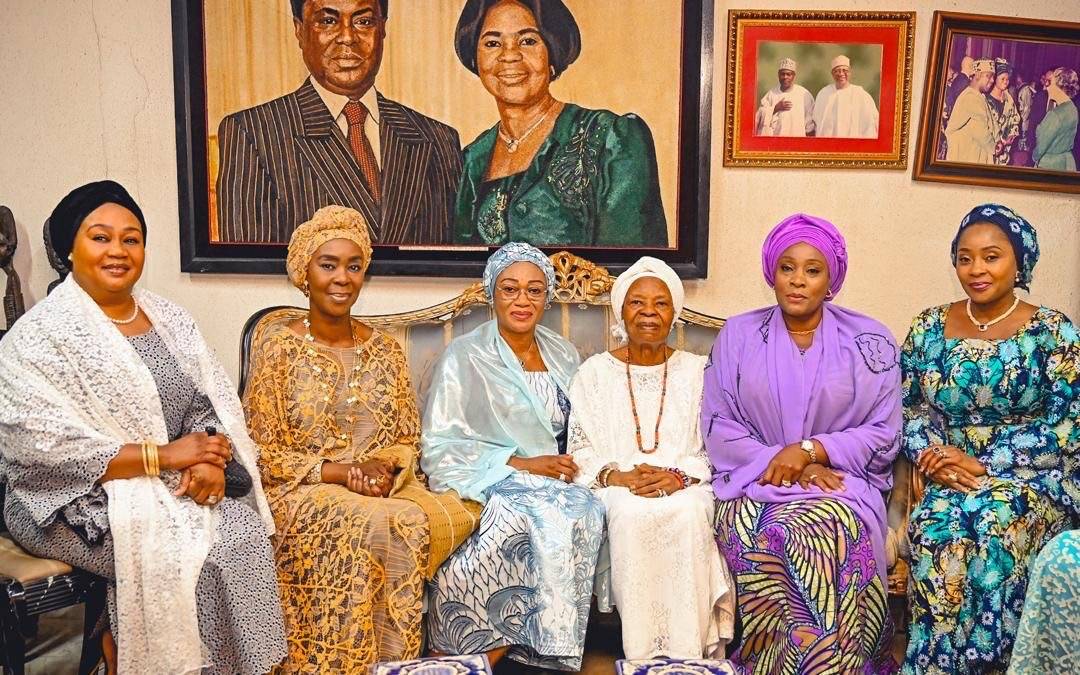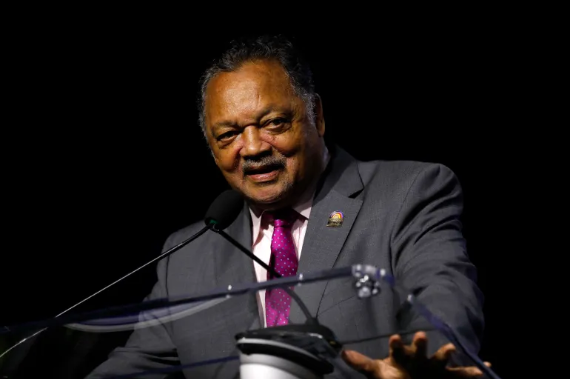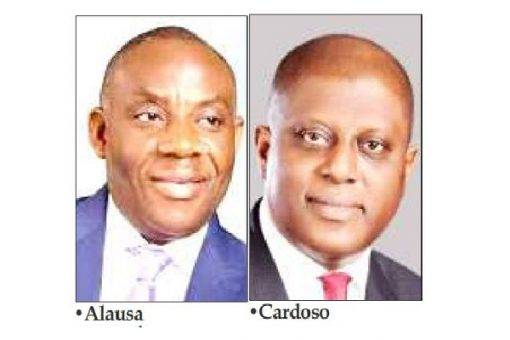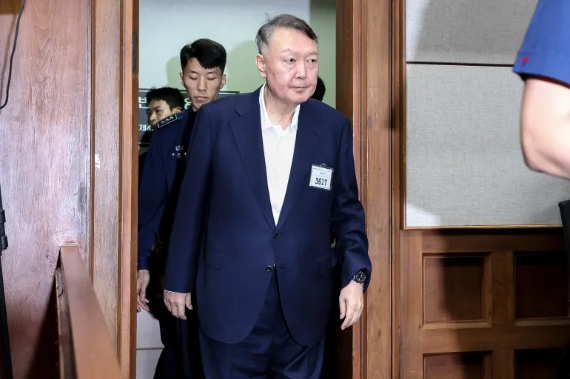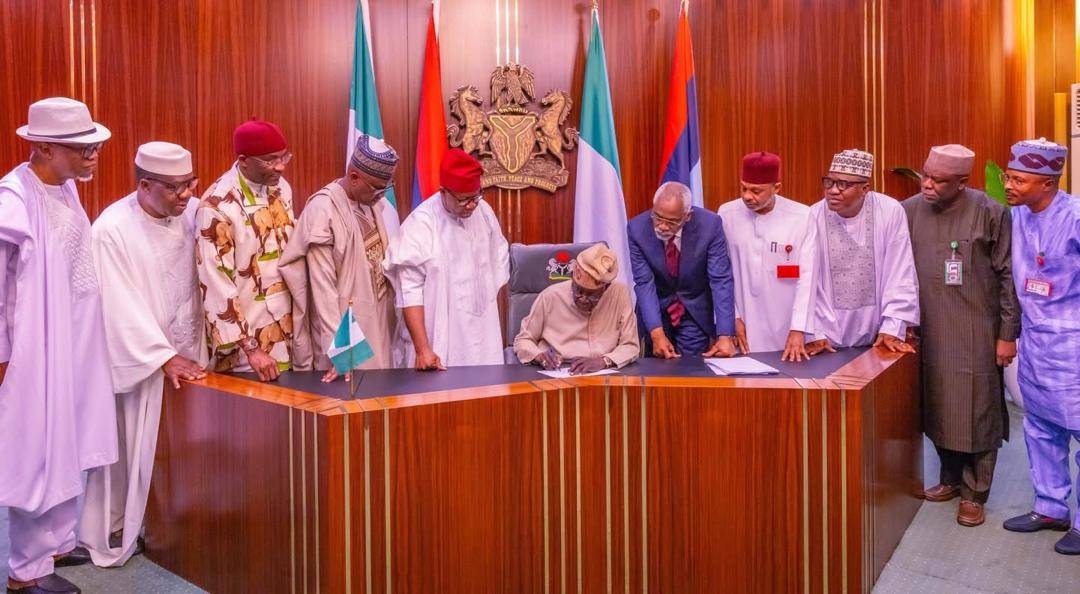The Nigeria Police Force has suspended the implementation of the controversial tinted glass permit throughout the country.
This, the Force said had become necessary following the receipt of a court order halting the exercise.
Spokesperson for the Federal Capital Territory (FCT) Command, SP Josephine Adeh, made the development known on Wednesday during an interview on African Independent Television (AIT).
Adeh confirmed that the directive to suspend enforcement came immediately after the court order was officially received.
“Information reaching me now is that the order has been received and the enforcement of the tinted permit is now on hold,” Adeh stated on the police decision to suspend the controversial policy.
The suspension is coming on the heels of growing public criticism and legal challenges contesting the constitutionality of the permit process.
Addressing widespread insinuations that the policy was to enrich police officers, Adeh differed from such claims, adding that all payments for the tinted permit are made directly into the federal government’s Treasury Single Account (TSA), not into police coffers.
She further explained that the rationale behind the tinted glass regulation was purely security-driven, citing a rise in crimes committed with vehicles bearing tinted windows.
“It is basically because of the security issues that we had the policy. Some criminals were using tinted vehicles to commit offences, making it difficult for law enforcement to identify suspects,” Adeh said.
She, however, reiterated the police’s respect for judicial processes, assuring that enforcement would remain suspended pending the outcome of the ongoing legal proceedings.
“We are waiting for the verdict; we are not against the courts, and we will continue to wait until we get a verdict,” she affirmed.
The suspension marks a significant relief for motorists who had expressed frustration over the enforcement, even as the public awaits the court’s final ruling on the legality and implementation framework of the tinted glass permit policy.


